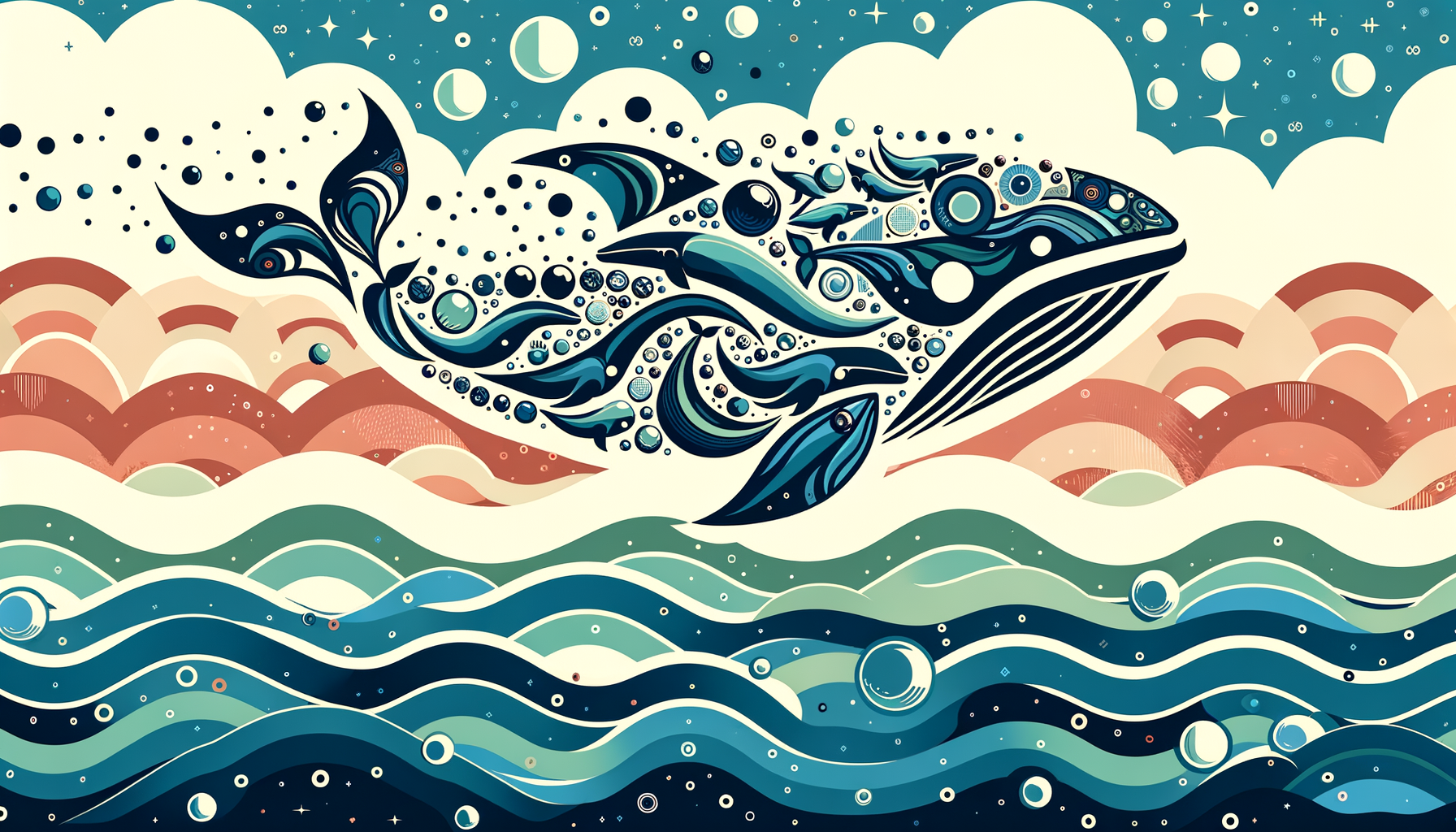Ever find yourself sitting at the base of a 19th-century whaling mast, torn between trying to understand why one whale harpoon is larger than another and questioning your entire dating life? No? Just me, then. Okay, let me explain.
About a year ago, I stumbled into one of those existential spirals during what should have been a cheerful stroll through the Nantucket Whaling Museum. I was in search of inspiration for my next historical novel, scribbling notes about the peculiarities of whale oil lamps, when my eyes landed on something that stopped me cold: an early 1800s logbook written by a whaling captain named Elijah Starbuck. His scrawled entries didn’t just narrate the gritty logistics of life at sea; they chronicled every failure. Every missed whale. Every broken harpoon. Every meal gone awry because someone sneezed too close to the stew pot. Yet, despite these grim details, there was an undercurrent of relentless optimism—Elijah always ended with hope. Even after an entire month without a single whale sighting, his farewell note for April read: “Tomorrow is another chance. Onward.”
I’d walked into the museum convinced I’d discover some seafaring nugget to weave into the fictional lives of castaways and schooner captains. Instead, Elijah Starbuck taught me more about dating—and life, really—in those faded, saltwater-streaked pages than I ever could have imagined. Here’s how.
The Logbook of Your Love Life (Or: Why Failures Aren’t Fatal)
Consider this: Captain Elijah spent months in open water, pitching on endless waves with no idea whether his efforts would pan out. It’s the 19th-century whaling industry’s version of modern dating. Sure, we’re not in danger of being rammed by a sperm whale or rationing biscuits for a 3-month stint at sea, but the uncertainty feels just as daunting. We swipe, flirt, engage in hours-long text banter, maybe even show up to that first date (in clean clothes, no less), only to find that the vibe is utterly off. The temptation is to take it personally. To see the bad date, ignored text, or mismatched intentions as some kind of cosmic message that we are doomed to an emotional life spent alone, with only TikTok and takeout as companions.
But that’s the thing: Elijah didn’t storm off his ship and declare himself a failure every time a whale escaped. He logged the miss, made a new plan, and kept going. It hit me that we need to treat our love lives like his logbook—document the disappointments, learn from them, and remind ourselves that tomorrow really is another chance.
If I had stopped searching after my first heartbreak—or my third, for that matter—I wouldn’t have found the few meaningful, transformative connections I did create over the years. Sure, my love life hasn’t produced steady winds and smooth seas, but it’s also written a great story. After all, even Elijah Starbuck needed a few rough sketches before he found that life-changing whale (metaphorically speaking, of course... though we’ll overlook the whole harpoon business).
Dry Spells Aren’t the End of the Journey
Let me paint you a picture: It’s the year 1832. Your entire job hinges on finding some 40-ton whale in an ocean so vast, you might as well be looking for a single misplaced sock in a mansion-sized laundry pile. This process could take months—or even years. And yet, Captain Elijah stared out at that swath of gray water every morning with certainty that something—something—was out there.
Now apply that staggering optimism to the dry spell in your dating life. Too often, we internalize a string of bad dates or months of solo time as a reflection of our worth. But the truth? A lull isn’t a verdict. It’s part of the process. Sure, I’m no whaler, but I’ve experienced those stretches when “romance” seemed more like a theoretical concept than a potential reality. During one particularly long solo stint, I jokingly referred to myself as an emotional shipwreck—a title that both reassured and plagued me whenever well-meaning friends handed me unsolicited advice like, “It’ll happen when you least expect it!” (Thanks, Susan. So helpful.)
But here’s the thing: Some of Captain Elijah’s longest dry spells produced his greatest rewards. He noted in his entries how he earned the trust of his crew precisely because he weathered weeks of nothingness with conviction—and it forced me to rethink my approach. What if I could lean into the quiet moments, using them to better understand myself rather than obsess over external results? It became a season of self-reflection, and before I knew it, my own perspective shifted. I didn’t need a whale (or, in modern terms, a soulmate) to define my worth. Instead, I discovered that being comfortable during the quieter seasons of life—both romantic and otherwise—made me stronger when possibilities did reappear on the horizon.
Harpoons, Cannons, and Other Absurd Overreactions We Should Avoid
Here’s the flaw of 19th-century whaling: You see a target, and your immediate instinct is to chuck a harpoon the moment you get within range. It’s all impulse, adrenaline, and desperation. Sound familiar? Let’s talk about the “weapons” we launch in our own dating escapades.
Raise your hand if you’ve ever texted too soon, over-explained yourself on a first date, or issued a heartfelt declaration of feelings way before you had any factual confirmation that the other person was, I don’t know, interested. (I’m raising my hand so high right now, you’d swear I was trying to flag down a rescue ship.)
Elijah’s journal included one bitter entry about an overly ambitious harpoon throw. They hadn’t closed in on the whale properly, so when he threw the weapon, it missed by a mile. Not only that, but it startled the rest of the pod into diving deep—far beyond reach. His lesson? Timing matters. Preparation matters. Patience matters.
People in the 21st century may not be hurling literal harpoons, but misdirected energy is just as common in modern dating. Desperation isn’t attractive—not to whales, and certainly not to new romantic prospects. Relationships worth pursuing take time, interest, and a willingness to build real emotional proximity before plunging in. My new mantra? “Don’t throw the harpoon too soon.”
The Unexpected Wisdom of Whalers
Who knew that flipping through the brittle pages of a Nantucket logbook could reveal such profound truths? Perhaps the irony isn’t lost on me that I moved through different oceans of life—confused, heartbroken, and occasionally seasick—before finally connecting the dots between whaling lore and relationships. But maybe that’s the point. Inspiration doesn’t always beam down in a predictable eureka moment. Sometimes, it sneaks up on you like a quiet tide, carrying lessons you didn’t know you needed until they’ve already washed ashore.
The next time a bad date threatens to sink your optimism, just remember good ol’ Captain Elijah. Scribble your feelings in the logbook of life and end your entry with his favorite reminder: “Tomorrow is another chance.” After all, the world is vast, the sea wide, and, cliché as it sounds—there are plenty of fish out there. Or whales. Or... you get what I mean. Bon voyage.




















